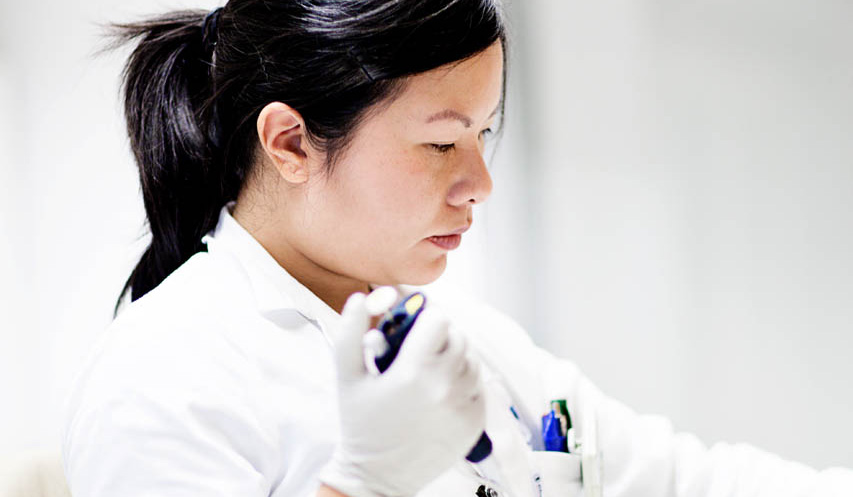- Other Products
- CCP
The existence of a blood vessel growth stimulating factor was proposed in the 1930s when it was observed that transplanted tumors had a remarkable ability to form new vasculature. It took 50 years for this factor, called vascular endothelial growth factor (VEGF), to be identified. VEGF is a key cytokine in the formation of normal blood vessels during embryonic development and in other processes where new blood vessels are needed, such as following injury or to bypass blocked vessels. However, VEGF is also involved in several forms of cancer including poor prognosis breast cancer.


The existence of a blood vessel growth stimulating factor was proposed in the 1930s when it was observed that transplanted tumors had a remarkable ability to form new vasculature. It took 50 years for this factor, called vascular endothelial growth factor (VEGF), to be identified. VEGF is a key cytokine in the formation of normal blood vessels during embryonic development and in other processes where new blood vessels are needed, such as following injury or to bypass blocked vessels. However, VEGF is also involved in several forms of cancer including poor prognosis breast cancer.
Without adequate blood supply, solid cancers are not able to grow beyond their limited size. Thus, by inhibiting VEGF, one can deprive the tumor of nutrients and oxygen and thereby limit tumor growth. There are currently two approved antibody-based anti-VEGF therapeutics, bevacizumab and ranibizumab (Lucentis), and several more in clinical trials.
Many antibody-based therapeutics are known to induce antibody-dependent cell-mediated cytotoxicity (ADCC). Clearly, being able to accurately measure the ADCC activity of a drug candidate is essential in the development of new therapeutics.
Svar offers a sensitive and specific cell-based iLite® ADCC mVEGF assay which is ideal for determining the potential of an antibody targeting membrane-bound VEGF to elicit ADCC. This assay is ideal for identifying the mechanism of action of new therapeutic antibodies, asses immunogenicity and determine biosimilarity between a candidate drug and its originator.
The combination of cleverly engineered effector cells and homologous antigen-positive or antigen-negative target cells creates a system that offers unparalleled sensitivity for each target and is truly greater than the sum of its parts.